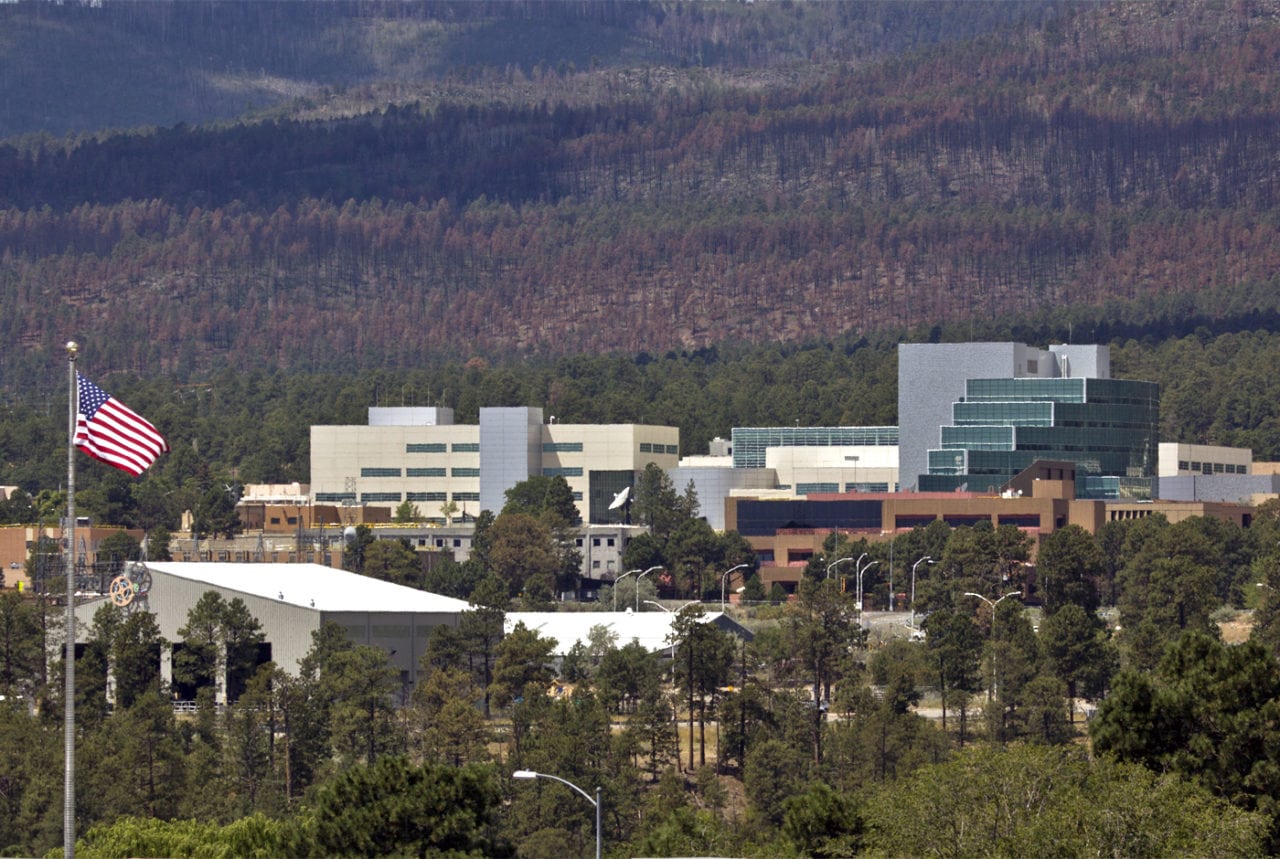
Nuclear Security & Deterrence Monitor Vol. 21 No. 41
Visit Archives | Return to Issue PDF
Visit Archives | Return to Issue PDF
Nuclear Security & Deterrence Monitor
Article 1 of 10
October 27, 2017
NNSA Boosts Allowable Fees in Final Los Alamos Management Solicitation

The Department of Energy this week released its final request for proposals for a 10-year contract to manage and operate the Los Alamos National Laboratory: the storied nuclear weapons research site in New Mexico that will become the nation’s primary plutonium-pit-production…